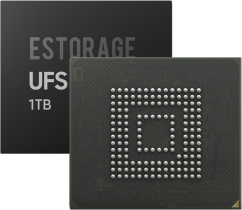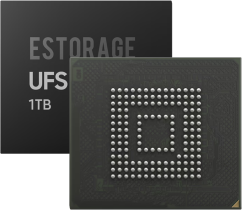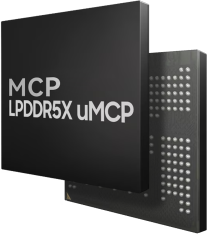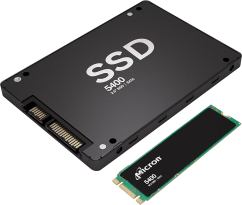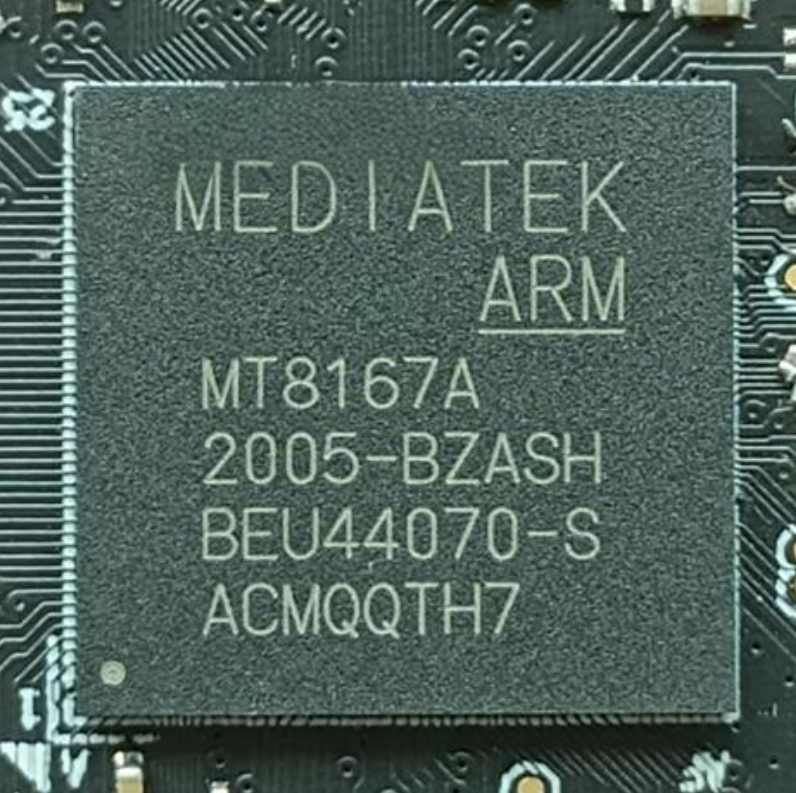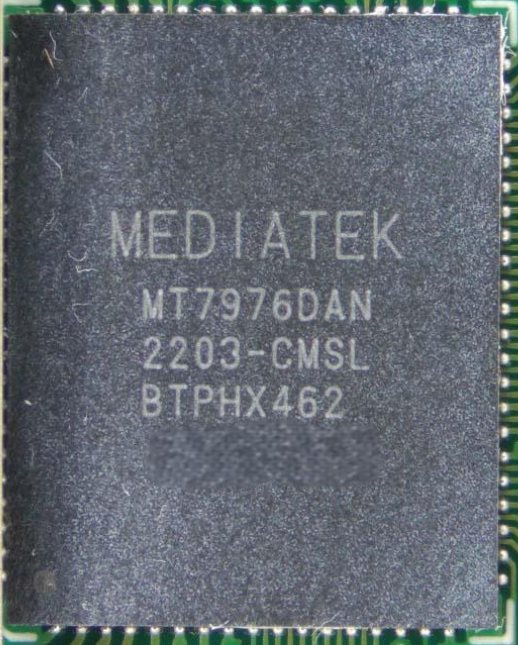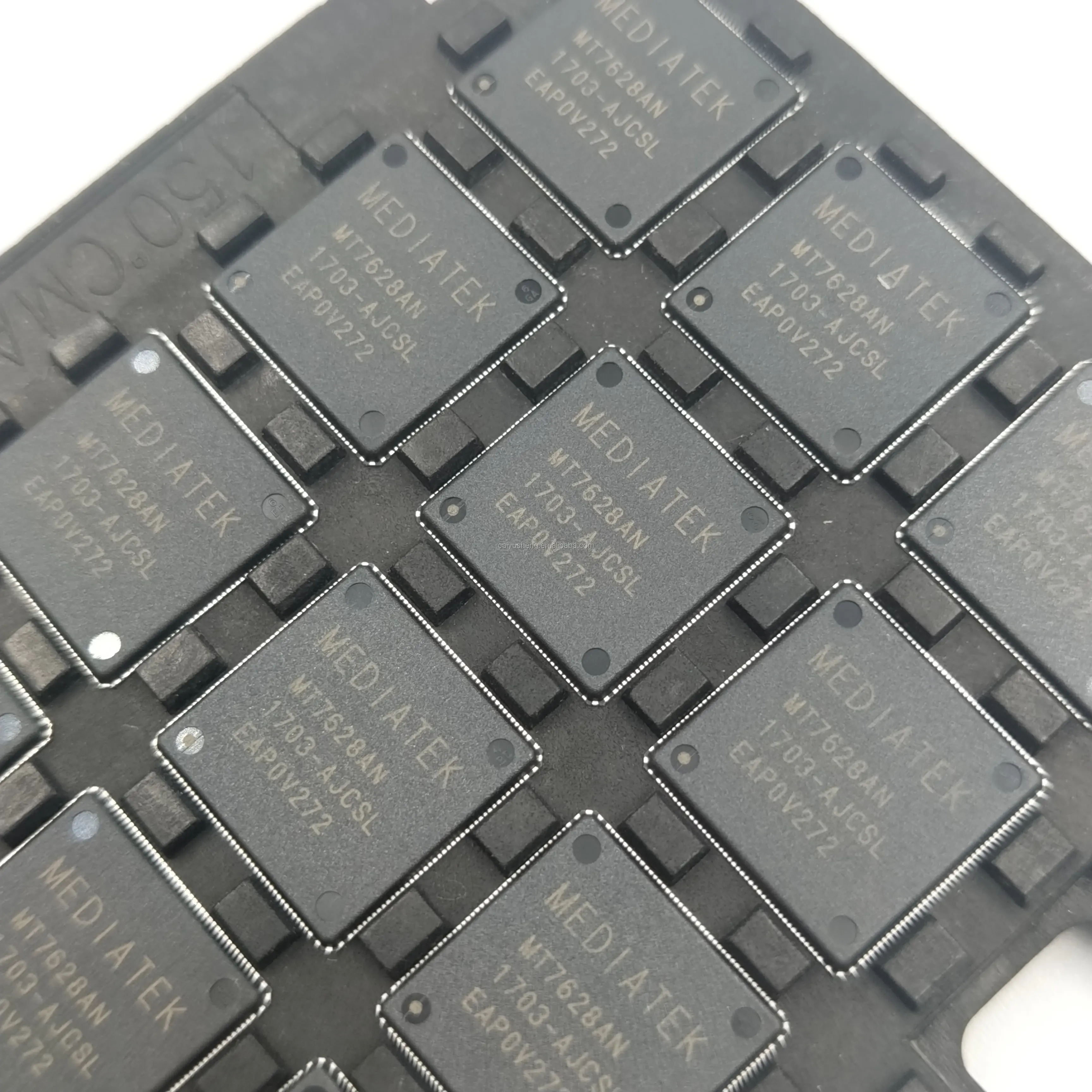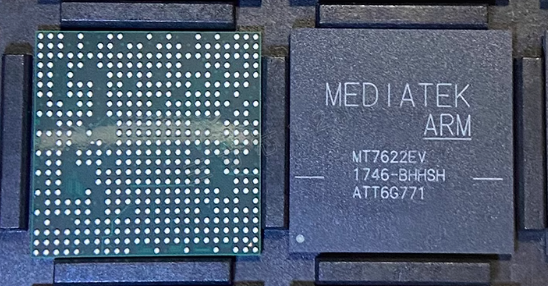Product Description
The MediaTek MT9800BTFU/AG is a highly integrated System on Chip (SoC) designed to meet the demands of modern smart devices, particularly in the realms of automotive applications, IoT, and advanced multimedia processing. Its architecture is built around a high-performance octa-core CPU configuration, typically featuring a combination of ARM Cortex-A78 and Cortex-A55 cores. This design allows the MT9800BTFU/AG to deliver exceptional processing power while maintaining energy efficiency, making it capable of handling demanding applications and multitasking scenarios with ease.
One of the standout features of the MT9800BTFU/AG is its integrated AI and machine learning capabilities. The dedicated AI Processing Unit (APU) enables the SoC to efficiently perform complex machine learning tasks, such as image recognition, natural language processing, and real-time data analytics. This capability is particularly valuable in automotive applications, where real-time decision-making and user interaction are critical. The APU allows devices to learn from user behavior and adapt accordingly, enhancing the overall user experience and enabling more intuitive interactions.
In terms of multimedia capabilities, the MT9800BTFU/AG excels with its support for 4K HDR video playback and recording. This makes it an ideal choice for devices that require high-quality video content, such as in-car entertainment systems, smart displays, and streaming services. The powerful GPU, often from the ARM Mali series, ensures smooth graphics rendering, providing an immersive experience for users, whether they are watching videos, playing games, or using augmented reality applications.
Connectivity is another critical aspect of the MT9800BTFU/AG. It supports Wi-Fi 6E (802.11ax) and Bluetooth 5.2, allowing for fast and reliable connections to the internet and other devices. This versatility is crucial for IoT applications and automotive systems, where devices need to communicate with each other and with cloud services. The inclusion of various peripheral interfaces, such as USB 3.1, PCIe, and GPIO, further enhances the chip's capabilities, allowing for easy integration into different device architectures.
Power efficiency is a key consideration for the MT9800BTFU/AG, making it suitable for devices that require long operational times without frequent recharging. The use of LPDDR5 memory not only provides faster data access but also contributes to lower power consumption, extending battery life while maintaining high performance.
Overall, the MediaTek MT9800BTFU/AG stands out as a versatile and powerful SoC that combines high-performance computing, advanced AI capabilities, and comprehensive connectivity options.
Specification
CPU: The MT9800BTFU/AG features a high-performance octa-core CPU configuration, typically utilizing ARM Cortex-A78 and Cortex-A55 cores. This combination allows for a balance of high performance and energy efficiency, with clock speeds reaching up to 3.0 GHz for the Cortex-A78 cores.
GPU: It is equipped with a powerful GPU, often from the ARM Mali series, which supports advanced graphics rendering and is capable of handling demanding gaming and multimedia applications.
Memory Support: The SoC supports LPDDR5 memory, with a maximum capacity of up to 16 GB, facilitating faster data transfer rates and improved energy efficiency, which is crucial for high-performance applications.
AI Processing Unit (APU): The MT9800BTFU/AG includes a dedicated APU that enhances its ability to perform AI tasks, allowing for efficient processing of machine learning algorithms and real-time data analysis.
Video and Audio Capabilities: The SoC supports 4K HDR video playback and recording, along with advanced audio processing features, making it ideal for devices focused on high-quality multimedia experiences.
Connectivity: It includes integrated support for Wi-Fi 6E (802.11ax), Bluetooth 5.2, and various peripheral interfaces such as USB 3.1, PCIe, and GPIO, ensuring versatile communication options for different applications.
Operating System Compatibility: The SoC is compatible with multiple operating systems, including Android and Linux-based platforms, providing flexibility for developers and manufacturers.

